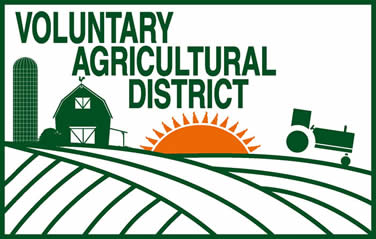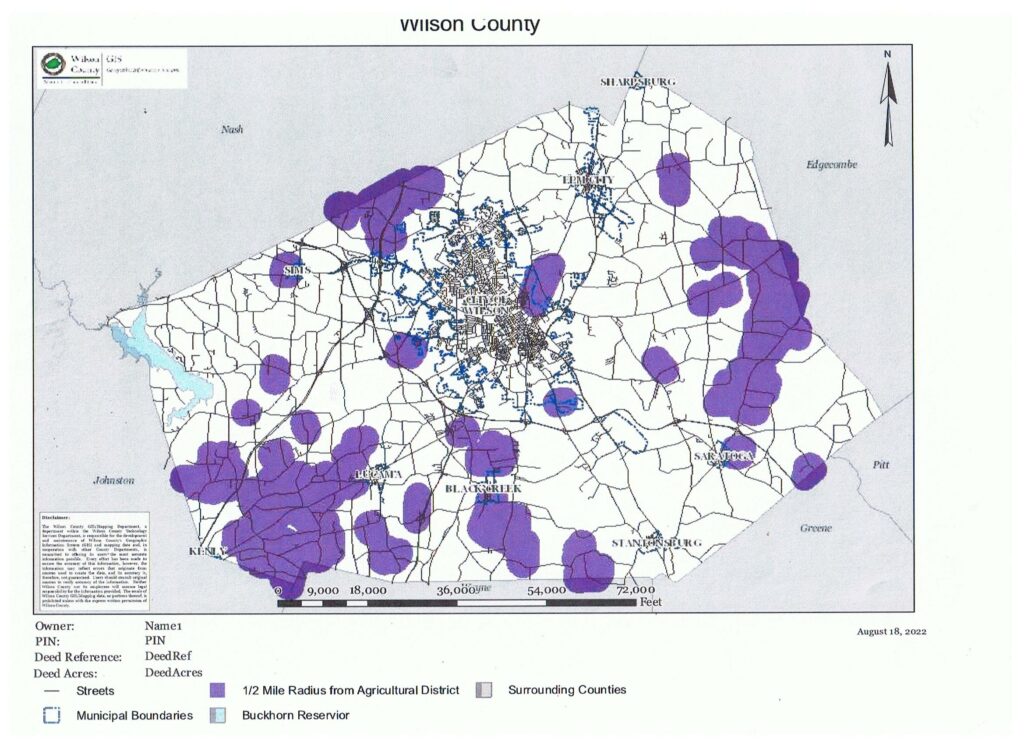Voluntary Ag District
go.ncsu.edu/readext?775659
en Español / em Português
El inglés es el idioma de control de esta página. En la medida en que haya algún conflicto entre la traducción al inglés y la traducción, el inglés prevalece.
Al hacer clic en el enlace de traducción se activa un servicio de traducción gratuito para convertir la página al español. Al igual que con cualquier traducción por Internet, la conversión no es sensible al contexto y puede que no traduzca el texto en su significado original. NC State Extension no garantiza la exactitud del texto traducido. Por favor, tenga en cuenta que algunas aplicaciones y/o servicios pueden no funcionar como se espera cuando se traducen.
Português
Inglês é o idioma de controle desta página. Na medida que haja algum conflito entre o texto original em Inglês e a tradução, o Inglês prevalece.
Ao clicar no link de tradução, um serviço gratuito de tradução será ativado para converter a página para o Português. Como em qualquer tradução pela internet, a conversão não é sensivel ao contexto e pode não ocorrer a tradução para o significado orginal. O serviço de Extensão da Carolina do Norte (NC State Extension) não garante a exatidão do texto traduzido. Por favor, observe que algumas funções ou serviços podem não funcionar como esperado após a tradução.
English
English is the controlling language of this page. To the extent there is any conflict between the English text and the translation, English controls.
Clicking on the translation link activates a free translation service to convert the page to Spanish. As with any Internet translation, the conversion is not context-sensitive and may not translate the text to its original meaning. NC State Extension does not guarantee the accuracy of the translated text. Please note that some applications and/or services may not function as expected when translated.
Collapse ▲- To promote agriculture and preserve farmland.
- To increase countywide recognition of and pride in the agricultural community.
- To encourage the economic health of agriculture
- To increase the protection of agriculture from non-farm development and nuisance lawsuits.
- Receive a VAD road sign.
- Be participating in the farm present use value taxation program.
- Be certified by the NRCS of the USDA as being a farm on which at least 2/3 of the land is composed of soils that are best suited for providing food, seed, fiber, forage, timber, forestry products, horticultural crops and oil seed crops OR been actively used in agricultural, horticultural or forest operations for the previous 5 years.
- Be managed, if highly erodible land exits on the farm, in accordance with the NRCS defined erosion control practices.
- Be the subject of a conservation agreement between the county and the owner of such land that prohibits non farm use or development of such land for a period of 10 years.
See below for a map of the Wilson County Voluntary Ag District.






